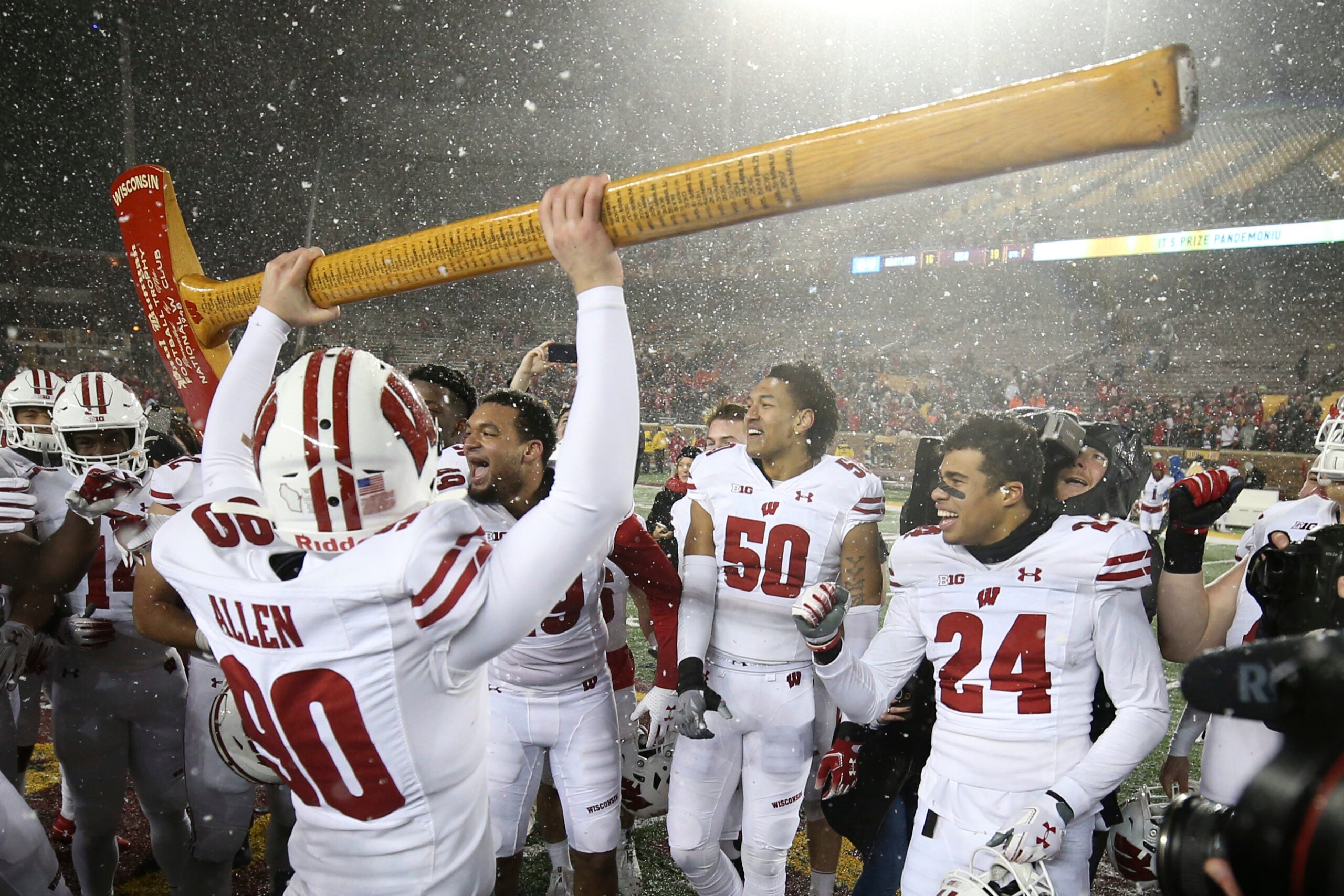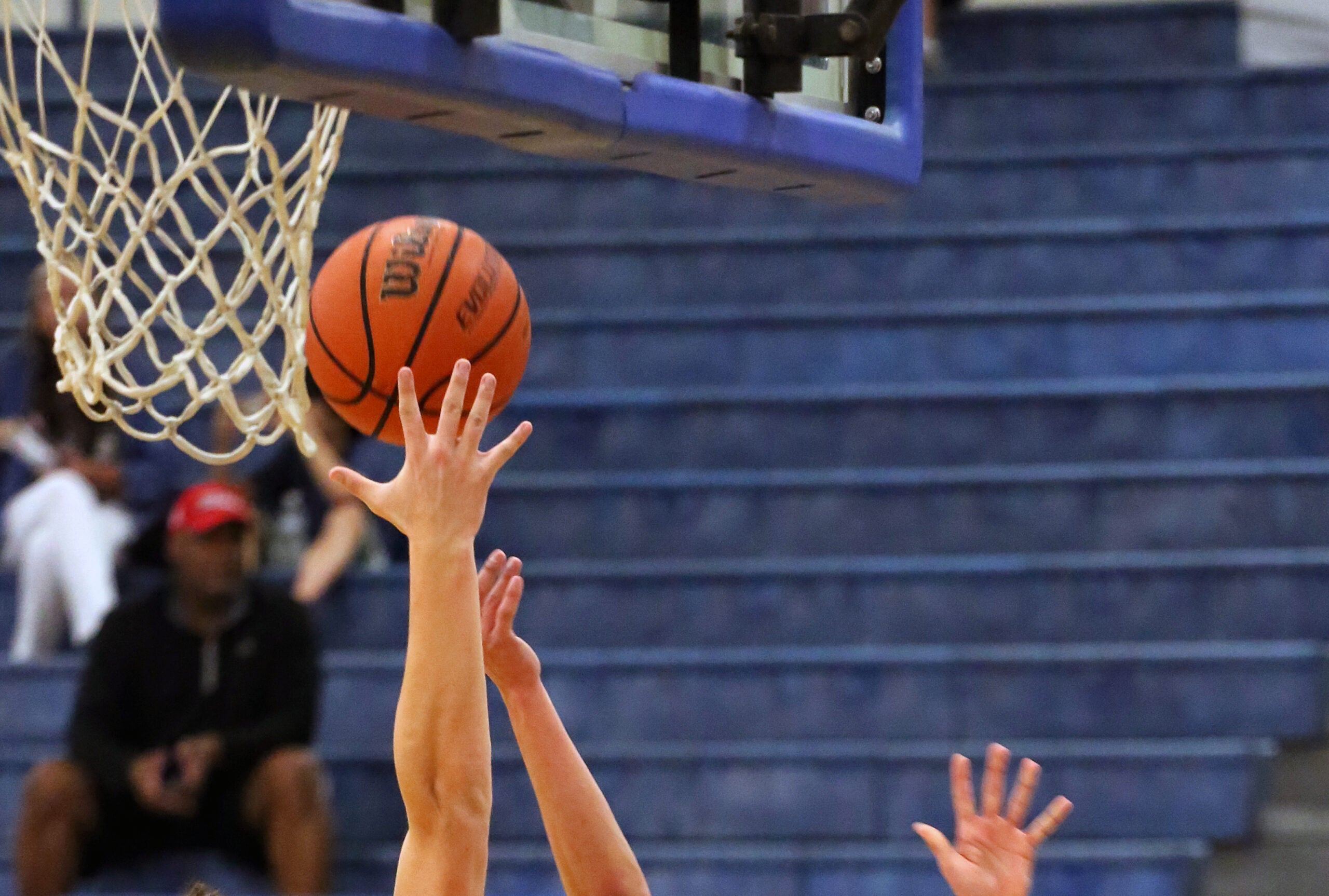A lawsuit aimed at determining whether private fundraising organizations for state universities should be subject to Wisconsin’s open records law has been dismissed in Dane County Circuit Court.
In April 2022, the University of Wisconsin-Madison announced that “Wisconsin Athletics” had partnered with Altius Sports Partners to offer guidance on new payment opportunities for college athletes made possible by a change in NCAA policies that allow students to get paid for the use of their names, images and likeness.
It was a major shift, as prior NCAA rules banned college athletes from getting paid.
News with a little more humanity
WPR’s “Wisconsin Today” newsletter keeps you connected to the state you love without feeling overwhelmed. No paywall. No agenda. No corporate filter.
In October 2023, sports reporter Daniel Libit requested a copy of the contract between UW-Madison and Altius but was told the contract was actually held by the UW Foundation. The foundation told Libit that as a private entity, it is not subject to Wisconsin’s open records laws that “does not share its confidential business information.”
Libit sued for the records in February. On Aug. 26, Dane County Circuit Court Judge Susan Crawford, who is now running for a seat on the Wisconsin Supreme Court, dismissed Libit’s case. Crawford said Libit’s request was narrow and specifically asked for records between the university, UW Athletic Department and Altius, which didn’t exist.
“It is unreasonable to require a records custodian to assume that Libit intended to obtain a different contract, one between the UW Foundation and Altius,” Crawford wrote. “Therefore, Libit’s records requests failed to reasonably describe the contract he hoped to receive and therefore no responsive records were withheld from him.”
But Libit’s attorney, Tom Kamenick, whose Wisconsin Transparency Project focuses on open records cases, told WPR that UW-Madison “played this game of hiding the ball.”
“The university basically lied to the public and said, ‘We have an agreement with Altius,’” Kamenick said. “When they were sued, they said, ‘No, we don’t have that. It’s a contract with the foundation and Altius.’”
Kamenick said he and Libit argued that he should have been entitled to the Altius contract under the public records law because of the way the university framed it.
“There was absolutely zero way for Daniel Libet to know that this actually was signed by the foundation and not the university prior to this point,” said Kamenick. “So he made a reasonable request that described it the same way that the university did, and then they used their own error, their own misdescription of it, as a reason to dismiss the lawsuit.”
Spokespersons for the UW Foundation and UW-Madison declined to comment on the lawsuit’s dismissal.
During the course of the lawsuit, Libit did get a copy of the Altius contract from the UW Foundation, Kamenick said, which Libit said was similar to other contracts he’d received without issue from other public universities.
Kamenick said he was hoping the lawsuit would get at the issue of whether the UW Foundation and other examples of what are called quasi-governmental corporations should be subject to Wisconsin’s open records law.
“The effective idea here is that the government can’t take its role as government and hand it off to a private corporation for the purpose of avoiding transparency laws,” said Kamenick. “So the foundation itself does receive private donations, but its entire purpose is to act as the endowment for the university. All of its funds are spent performing governmental functions for the university.”
Kamenick said he and Libit are considering an appeal of Judge Crawford’s dismissal of their case.
Wisconsin Public Radio, © Copyright 2025, Board of Regents of the University of Wisconsin System and Wisconsin Educational Communications Board.






